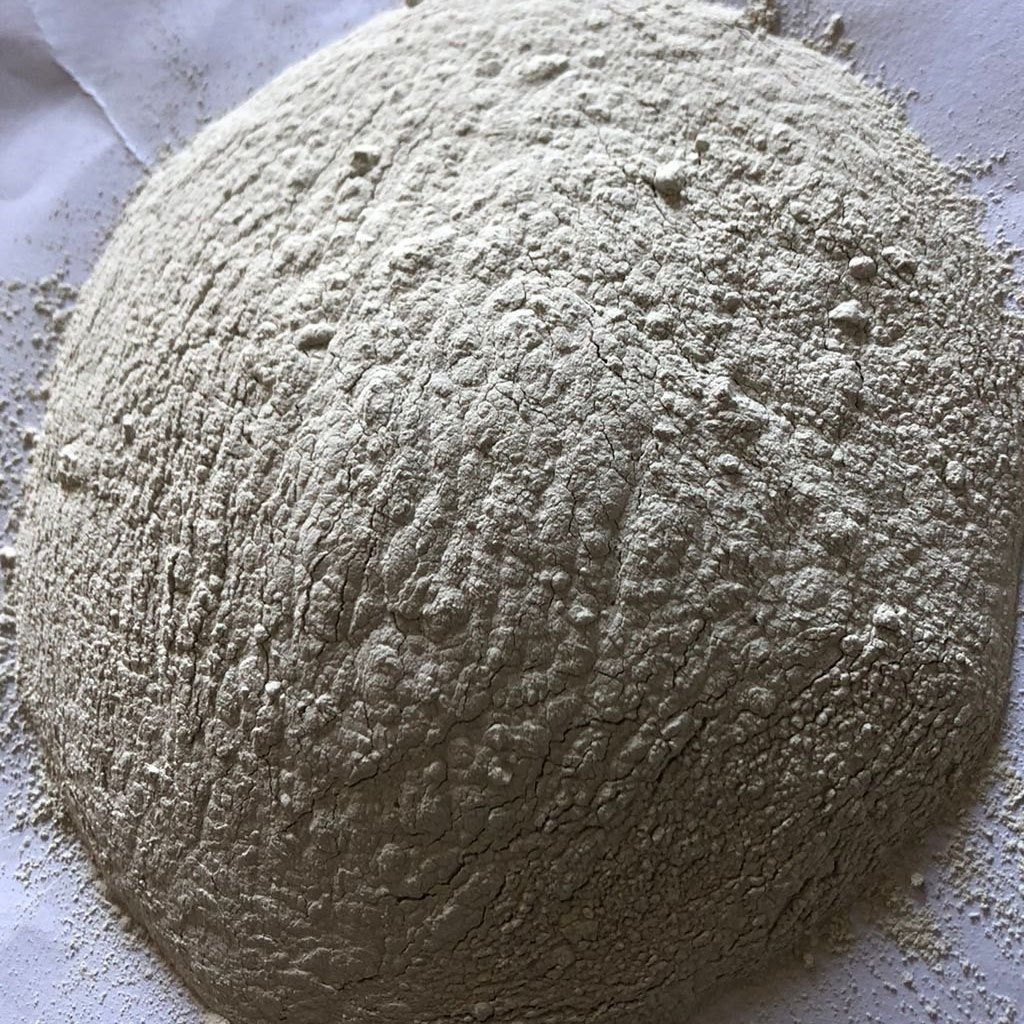Refractory products play a crucial role in industries where high-temperature processes are common, such as metal production, glass manufacturing, and power generation. These products must withstand extreme temperatures, mechanical wear, and chemical corrosion to ensure optimal performance. One of the essential raw materials that improve the quality and longevity of refractory products is Sillimanite Powder.
Sillimanite Powder, a naturally occurring mineral, is highly valued for its exceptional thermal stability, resistance to chemical attack, and ability to retain strength even at high temperatures. In this article, we’ll explore how Sillimanite Powder can significantly enhance the quality of refractory products, making them more efficient and durable.
What is Sillimanite Powder?
Sillimanite is an aluminum silicate mineral (Al2SiO5) and is one of the key members of the aluminosilicate group, which also includes kyanite and andalusite. Its unique structure and properties make it a vital component in industries requiring high-performance materials. When ground into a fine powder, it becomes a versatile material used in a variety of applications.
1. Enhancing Thermal Resistance
One of the most critical attributes of Sillimanite Powder for Refractory Products is its high melting point, around 1,850°C. This property makes it ideal for manufacturing refractory bricks, kiln linings, and other high-temperature applications. Sillimanite not only withstands extreme temperatures but also retains its structural integrity, preventing the weakening or failure of the refractory product during prolonged exposure to heat.
When added to refractory products, Sillimanite Powder improves their thermal shock resistance, which is essential in environments where materials are subject to rapid temperature changes. This ability to endure fluctuating thermal conditions without cracking ensures the longevity and reliability of the refractory components.
2. Chemical Stability and Resistance to Corrosion
In industries like steel and glass production, refractories must face corrosive environments created by molten metals, slag, and other chemicals. Sillimanite Powder’s chemical composition, primarily consisting of alumina and silica, offers remarkable resistance to chemical attack. This makes it highly effective in preventing the degradation of refractory materials exposed to aggressive chemicals.
For instance, in furnaces where acidic or basic slag reactions occur, the refractory lining must resist these harsh chemical conditions. The incorporation of Sillimanite Powder helps in maintaining the structural stability of refractories, ensuring they last longer and perform efficiently.
3. Improving Mechanical Strength
In addition to its thermal and chemical resilience, Sillimanite Powder also enhances the mechanical strength of refractory products. Refractories are often subject to intense mechanical stress due to the weight of the structures they support and the dynamic processes they endure.
By adding Sillimanite Powder in Ceramics, manufacturers can increase the strength and hardness of the refractory material. This reduces the likelihood of wear and tear, improving the overall durability of refractory bricks and components. This is particularly important in industries like steel production, where refractories are continuously exposed to heavy loads and mechanical forces.
4. Role in Energy Efficiency
Another significant advantage of Sillimanite Powder is its ability to improve the energy efficiency of refractory products. Sillimanite’s low thermal conductivity ensures that heat is retained within the furnace or kiln, reducing the amount of energy needed to maintain the desired temperatures. This not only helps industries save on energy costs but also reduces the environmental impact associated with high-energy consumption.
In fact, refractories with Sillimanite Powder are often used in energy-intensive applications, such as cement kilns, where energy efficiency is crucial for both economic and environmental reasons.
5. Applications of Sillimanite Powder in Electrical Components
Apart from refractory products, Sillimanite Powder finds use in the production of electrical insulators due to its excellent dielectric properties and resistance to electrical breakdown. This makes Sillimanite Powder in Electrical Components an essential material in applications like insulating tubes, spark plugs, and electrical connectors. The thermal and mechanical stability of Sillimanite ensures that these components perform reliably, even under harsh operating conditions.
6. Customization and Versatility
Sillimanite Powder is highly customizable, meaning manufacturers can alter its particle size and distribution to meet specific needs. This versatility allows it to be used in a wide range of refractory products, from dense bricks to insulating refractories. Whether the product is designed for heavy-duty applications or to provide insulation, Sillimanite can be tailored to suit the desired properties, ensuring optimal performance.
Additionally, Sillimanite Powder’s fine particles help in forming dense, uniform refractory structures, minimizing the occurrence of defects like porosity, which could lead to premature failure.
Conclusion: Sillimanite Powder’s Impact on Refractory Product Quality
In conclusion, the use of Sillimanite Powder offers multiple benefits to the refractory industry. Its exceptional thermal resistance, chemical stability, and mechanical strength make it an indispensable component in the production of high-performance refractory products. The versatility of Sillimanite allows it to be tailored to specific applications, making it suitable for various industrial processes that require reliable and durable materials.
If you are looking to enhance the quality of your refractory products, consider sourcing your materials from a reliable Sillimanite Powder exporter in India. The addition of high-quality Sillimanite Powder can not only improve the performance and longevity of your refractories but also reduce operational costs by enhancing energy efficiency.
Additionally, for industries such as ceramics and electrical manufacturing, Sillimanite Powder in Ceramics and Sillimanite Powder in Electrical Components are valuable options to explore for improving material performance and overall product quality.
Incorporating Sillimanite Powder into your manufacturing process ensures that your refractory products can withstand the most demanding environments, making them more efficient, durable, and cost-effective.

